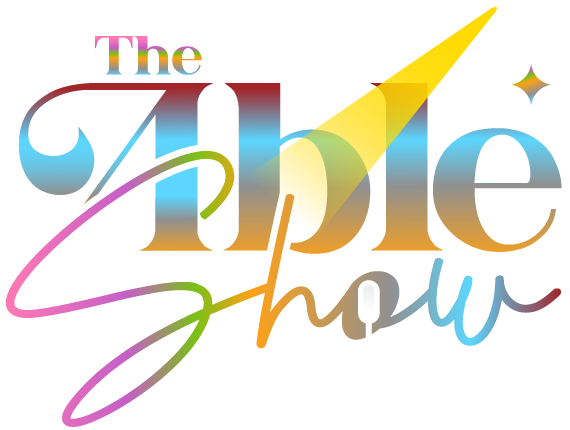The connection between a fan base and the creator’s of various forms of media. The support and appreciation that comes from both sides is something to greatly admire. But there comes an unfortunate yet rare event that can happen when a form of media/art becomes very popular or when others misinterpret the creator’s message, or if the creator of the series becomes more negative or problematic as they receive success. Let’s take a quick look at what happens when these events happen, and talk about when a fanbass/community and creators clash with each other.
The relationship between fans and creators has always been complex, and in recent years it’s grown more intense. While creators often depend on fans to keep their works alive and relevant, historically there was a distance between them at both ends. The internet makes it easy for people to contact or at least publicly comment on the people’s works, rather if they love or hate it, creating an immediate feedback channel that isn’t always welcome. Some creators do invite and encourage engagement from their fan bases, especially if they’re already familiar with fan culture. An example of these would be with J.K. Rowling, Who has always supported Harry Potter fanfiction and Hamilton’s Lin-Manuel Miranda credits the fans who annotated Hamilton on the lyric site Genius for making him step up his game when he wrote his own in-depth explainer. But for television especially, fans’ ability to contact the writers, artists and creators directly has been an uncomfortable jolt to the system and no one knows exactly how to handle it. It’s not to say that fan bases of TV/film media aren’t inherently worse then fan bases formed from books, music or games but in the online and pop culture world they are the vocal majority.
But as the barriers between fans and creators were getting knocked down with more methods of interaction, some creators are straight-up terrified by the new wave of interactive fandom that wants so much more from them than, say, a written fan letter might once have asked. More specifically, many people are saying that fans have become “entitled.” As the very idea of what “fandom” means has become its own topic of conversation, curious but wary media coverage has focused on the “demands” fans are making of the works they love. The collision of comic book fans with billion-dollar film franchises, resentment over series reboot, anguish over a TV show killing off queer-coated character, and passionate love for Broadway’s rapping Founding Fathers have all made for irresistible topics of conversation, especially as what fans are saying has become more and more visible to people making the creative decisions.
There’s many different reasons as to why some fan bases would be in conflict with a medium creator, some can be justified while other reasons can seem unreasonable. The typhoon of difference of opinions, criticisms, and strong emotions often make it hard for new fans to dive into the media, regardless of its genre. Although it would seem like this disparity would seem like commonplace but those are just loud situations compared to the border spectrum. Yes some fan groups are like a minefield but a majority of them are pleasant. On the other end some creators would be considered problematic but that is a small percentage compared to other established creators. If you want any advice from all this, it’s to hold your own opinions and enjoy the media for the creator or for the work itself. There may be loud critics, but there’s no voice louder than your own.
